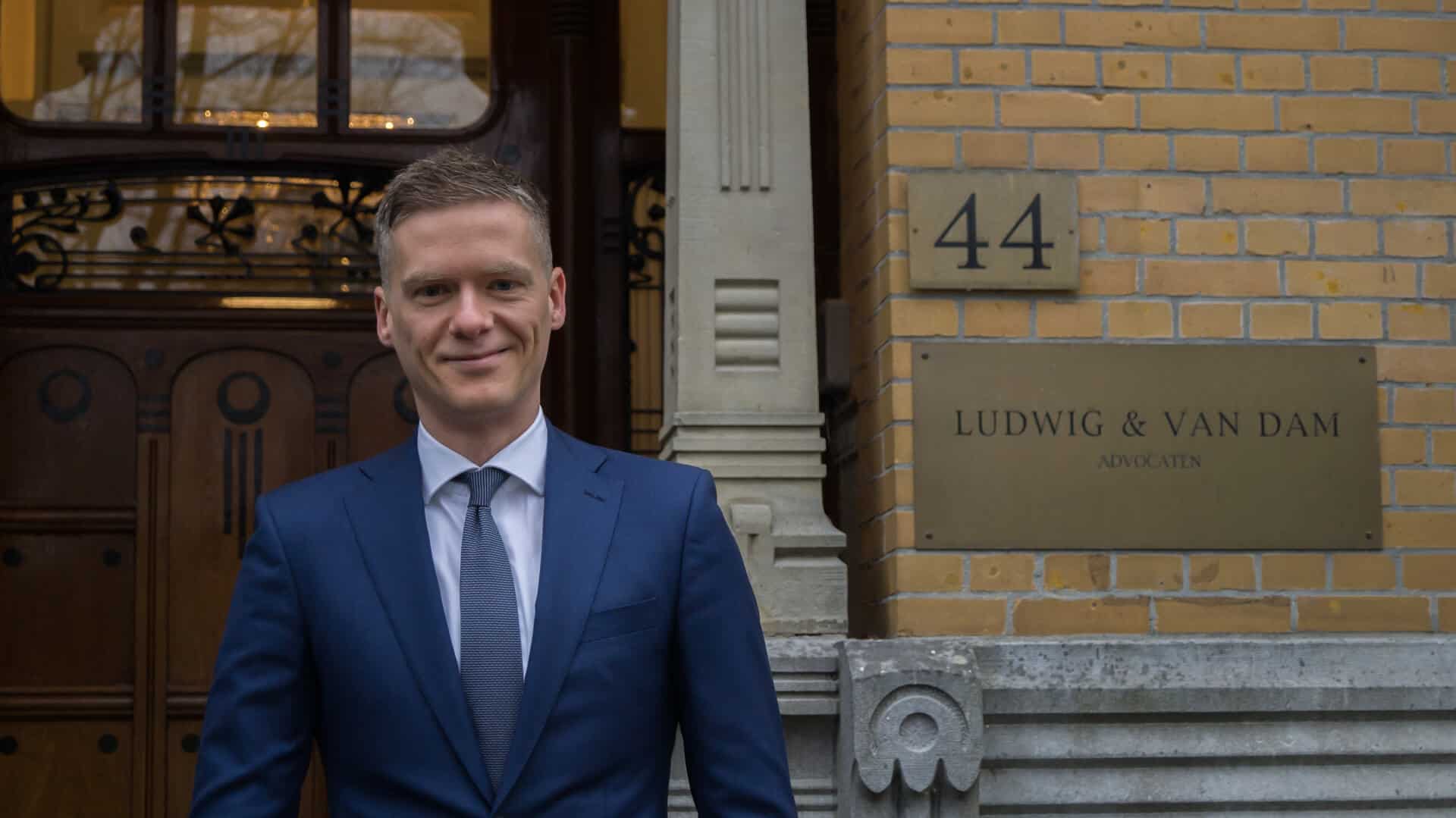Not know-how, but fine decisive for compliance with non-compete clause
From mid-2016, franchisees regularly stated that their (former) franchisor had no interest in compliance with the post-contractual non-compete clause. In June 2016, the Court of Overijssel considered that the franchisor (in this case FBD) had no legally respectable interest in compliance with the post-contractual non-compete clause, due to the fact that FBD had failed to demonstrate that it had passed know-how on to the franchisees. had transferred.
Since then, it has been argued with varying degrees of success by franchisees that no know-how was transferred to them in an attempt to escape the post-contractual non-compete clause. With the introduction of the Franchise Act, the legislator has also ensured that know-how is of decisive importance when testing the post-contractual non-competition clause. Article 7:920 paragraph 2 of the Dutch Civil Code stipulates that such a clause is only valid if it is indispensable to protect the know-how transferred by the franchisor.
Although the law for existing franchise agreements only applies from 1 January 2023, the court (also the Overijssel court, by the way) has early 2021 not prevented from extending its consistent line already introduced in 2016 and, with reference to the Franchise Act, stipulating that the franchisor (in this case 123 Wonen) had no interest in compliance with the post-contractual non-compete clause due to the lack of know-how (transferred to the franchisee).
It is therefore striking that in a recent ruling on a franchise formula for sports shops, the subject of know-how was apparently not part of the party debate at all. Nor does the court (Gelderland) itself devote any consideration to this. Although the franchisee had argued that the franchisor’s interest was lacking, he had put forward other reasons for this (eg because the formula had changed).
The court then expressly considers that the franchisor’s interest in complying with the post-contractual non-compete clause in any event lies in payment of the contractual penalty. A remarkable consideration in my view. After all, the fine only serves as an incentive to comply with the post-contractual non-compete clause. In my opinion, in order to assess whether that penalty can be awarded, the franchisor’s interest in complying with the clause itself must first be assessed.
In short, a special statement that I believe will remain one of the few exceptions to the rule. From 1 January 2023, judges will no longer be able to avoid testing post-contractual non-compete clauses against the Franchise Act. For this reason, know-how can no longer be ignored in similar matters.
It will be interesting to see how judges deal with this requirement in discussions about the validity of a post-contractual non-compete clause. After all, if a franchisee states that there is no know-how, then according to the Franchise Act (see Section 7:911 of the Dutch Civil Code) there could be no question of a franchise formula. In theory, this would mean that the Franchise Act does not apply. As a result, a post-contractual clause does not have to meet the requirements of the Franchise Act and there may therefore be an interest in compliance with a post-contractual non-compete clause without know-how having to be transferred. A special paradox in the law that will undoubtedly give judges headaches.
Ludwig & Van Dam lawyers, franchise legal advice.
Do you want to respond? Then email to albers@ludwigvandam.nl

Other messages
Judge anticipates Franchise Act: no mandatory formula change (without threshold value)
The District Court of Amsterdam ruled that a Blokker franchisee is not obliged to renovate the store in accordance with the latest formula principles, as instructed by Blokker.
Interview Mr. J. Sterk and mr. C. Rutten in Franchise+: “Call to the automotive sector: prepare yourself well for the new Franchise Act” dated October 2, 2020
The new Franchise Act has a broad effect, also in the automotive sector. But are people aware of it enough?
Article The National Franchise Guide – “Corona discount of 50% on the rent” – mr. AW Dolphijn – dated September 15, 2020
Disappointing turnover due to the corona crisis may mean that the rent is halved, even if the rent is partly turnover-related.
Article Franchise+ – “Franchisor uses “derivative formula” (without his knowledge)” – mr. AW Dolphijn – dated September 9, 2020
Many franchisors will not be aware of the fact that they use a "derived formula" as referred to in the Franchise Act.
Article Franchise+ – “Obligations and rights of the starting franchisee” – mr. AW Dolphijn – dd
What should you pay attention to as a starting franchisee, what are your obligations and what are your rights when concluding the franchise agreement?
Article Mr. C. Damen – Three conditions for the right to customer compensation for the agent upon termination of the agency agreement – dated August 26, 2020
In the agency relationship between an agent and a client (the principal), the parties record their cooperation agreements in an agency agreement. When the principal enters into the agency agreement







